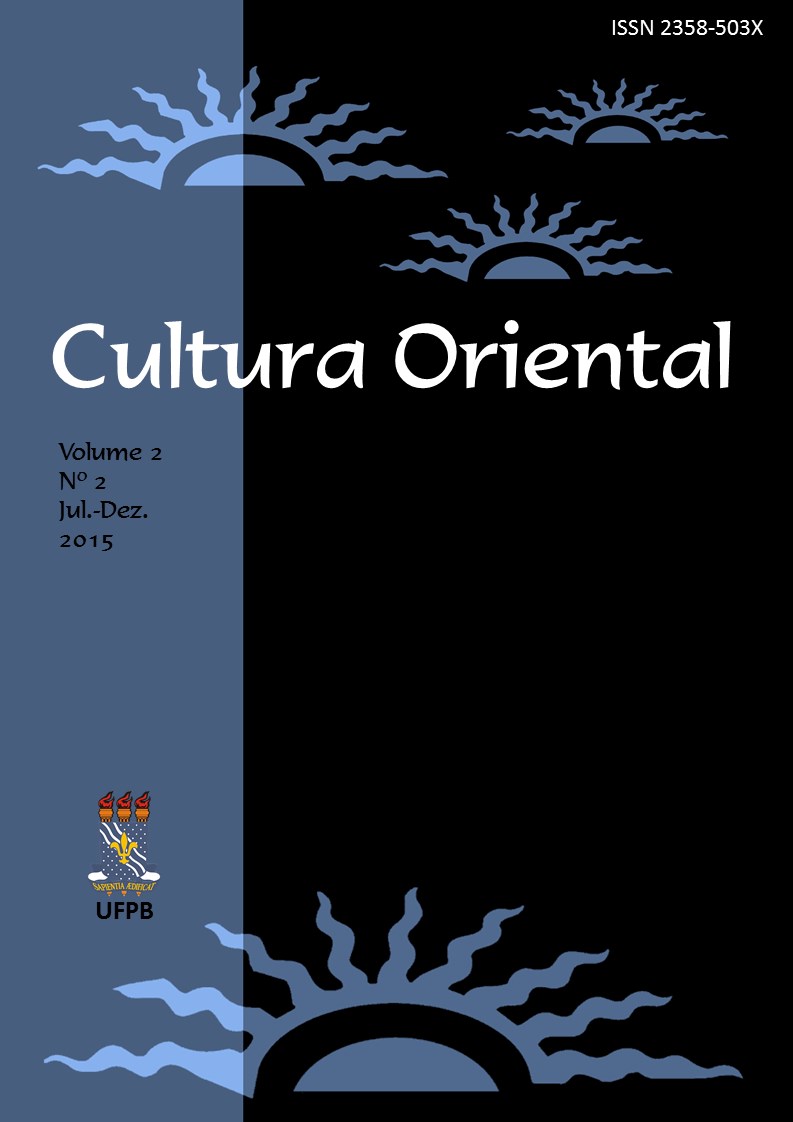Examining the decline of Chinese shadow puppetry in national identity perspective
Resumo
Shaanxi shadow puppet theatre as well as many other traditional cultural elements has been declining since the downfall of the imperial China. This is rather a complicated cultural phenomenon caused by multiple factors. But most of these factors are related to China’s pursuit for national identity. In this paper, the author explores the issue of China’s national identity and its relationship with traditional cultural elements (Shaanxi shadow puppet theatre is one representative case among many others). Then on the basis of field and textual research, the decline of Shaanxi shadow puppet theatre and the inner relationship between this decline and the formation of China’s national identity are analyzed and discussed. The author argues that, despite the fact that Shaanxi shadow puppet theatre is an important component of China’s traditional cultural identity, the decline of this traditional art as well as the decline of other traditional cultural elements is an inevitable cultural expense in the context of establishing China’s new national identity.Downloads
Não há dados estatísticos.
Downloads
Publicado
2016-01-30
Edição
Seção
Artigos de Pesquisa
Licença
Autores que publicam nesta revista concordam com os seguintes termos:- Autores mantém os direitos autorais e concedem à revista o direito de primeira publicação, com o trabalho simultaneamente licenciado sob a Licença Creative Commons Attribution que permite o compartilhamento do trabalho com reconhecimento da autoria e publicação inicial nesta revista.
- Autores têm autorização para assumir contratos adicionais separadamente, para distribuição não-exclusiva da versão do trabalho publicada nesta revista (ex.: publicar em repositório institucional ou como capítulo de livro), com reconhecimento de autoria e publicação inicial nesta revista.
- Autores têm permissão e são estimulados a publicar e distribuir seu trabalho online (ex.: em repositórios institucionais ou na sua página pessoal) a qualquer ponto antes ou durante o processo editorial, já que isso pode gerar alterações produtivas, bem como aumentar o impacto e a citação do trabalho publicado (Veja O Efeito do Acesso Livre).


